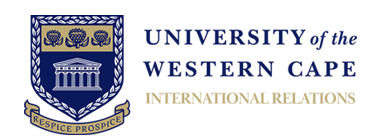Platforms and Consortia
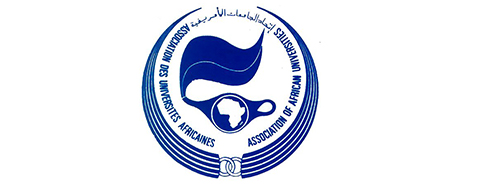
The Association of African Universities (AAU) is a prestigious network that provides a continental platform for its member universities to meet, network, share knowledge, share experiences, broker partnerships and collaborate with each other in a diversity of areas related to their areas of specialisation, research interests, teaching and learning.
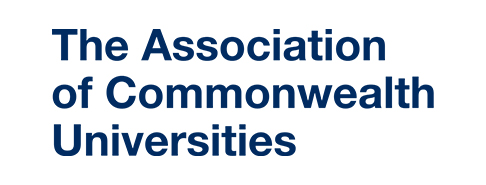
The Association of Commonwealth Universities (ACU) is an international organisation dedicated to building a better world through higher education.
The ACU has over 500 member universities in 50 countries across the Commonwealth. 66% of its members are in low- and middle-income countries, and 5% are in small states. The network covers over 10 million students and more than 1 million academic and professional staff.
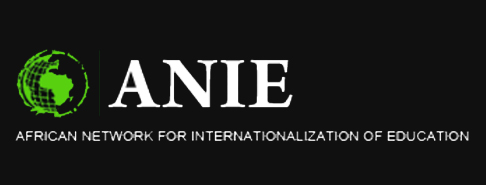
The African Network for Internationalization of Education (ANIE) is an independent, non-profit making, non-governmental African network committed to the advancement of high quality research, capacity building and advocacy on internationalisation of higher education with a prime focus on Africa.
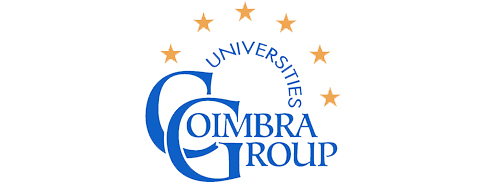
Since 2008, Coimbra Group Universities have been providing young researchers, from universities in Sub-Saharan Africa, with the opportunity to spend a short period (generally one to three months) at a Coimbra Group University to carry out part of their research there, through the Scholarship Programme for Young African Researchers.
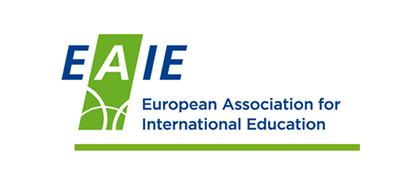
The European Association for International Education (EAIE) is a non-profit, member-led organisation serving individuals actively involved in the internationalisation of their institutions through a combination of training, conferences and knowledge acquisition and sharing.
EAIE equips academic and non-academic professionals with best practices and workable solutions to internationalisation challenges and provides a platform for strategic exchange. It partners with key stakeholder organisations and institutions to promote its membership interests, and advance international higher education in Europe and the rest of the world.
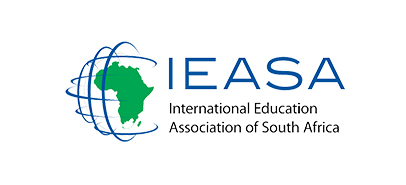
The International Education Association of South Africa (IEASA), a non-profit organisation, was established as a result of the need for universities and universities of technology in South Africa to respond to international educational trends.
If South Africa is to remain competitive within the global economic environment, it is important that its higher education provides opportunities for students to obtain a global perspective to their studies.
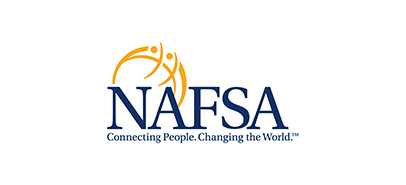
The Association of International Educators (NAFSA) is the world’s largest non-profit association dedicated to international education and exchange. NAFSA’s 10,000 members are located at more than 3,500 institutions worldwide, in over 150 countries.
International education is the cornerstone for building a more understanding and peaceful world. NAFSA is committed to advance policies and practices that build global citizens with the knowledge and skills they need to succeed in today’s interconnected world.
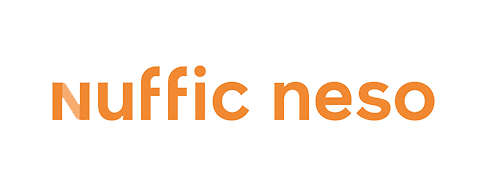
Nuffic is the Dutch organisation for internationalisation in education. It is a non-profit organisation funded by the Dutch Ministry of Education. Neso South Africa is a representative office of Nuffic.
The Netherlands Education Support Office (Nuffic Neso) focuses on the following activities:
- Promote Dutch higher education and to increase student and staff mobility between South Africa and the Netherlands.
- Support students from the Netherlands to come to South Africa for study, research and internships.
- Intensify ties with the Holland Alumni network in Southern Africa.
- Initiate and co-ordinate (triple helix) partnerships (e.g. NRF-Nuffic PhD programme, Living Labs).
- Capacity building: implementation of the Orange Knowledge Programme in the region.
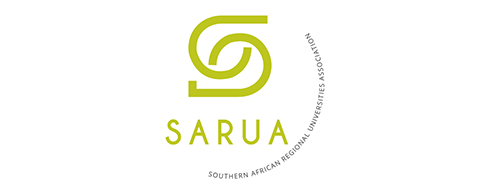
The Southern African Regional Universities Association (SARUA) is a membership-based association of Vice-Chancellors of public and private universities in the Southern African Development Community (SADC).
SARUA enables collaborative partnerships that develop the institutional and human capacity of the Southern African region’s universities and contributes to regional collaboration for the public good within higher education. SARUA is the regional convenor of choice and connecting hub for SADC’s universities multiple stakeholder interests.

Strengthening African universities is one of the most effective ways to contribute to the continent’s growth and continued excellence. The U-M African Presidential Scholars (UMAPS) program has helped retain and strengthen faculty members working in African institutions of higher education, and empowered them to contribute to international academic networks and set their own research agendas.
The UMAPS Program brings early career faculty from African universities to Ann Arbor, Michigan. Scholars are paired with a faculty collaborator during their stay and have full access to the University of Michigan’s resources to further their work on a research project, an academic degree, publications, grant proposal, or other relevant activity. The program supports the development of the next generation of African scholars by integrating them into international academic networks, and promotes U-M’s international commitment to research and teaching collaborations across diverse disciplines, from engineering to literature to economics.
